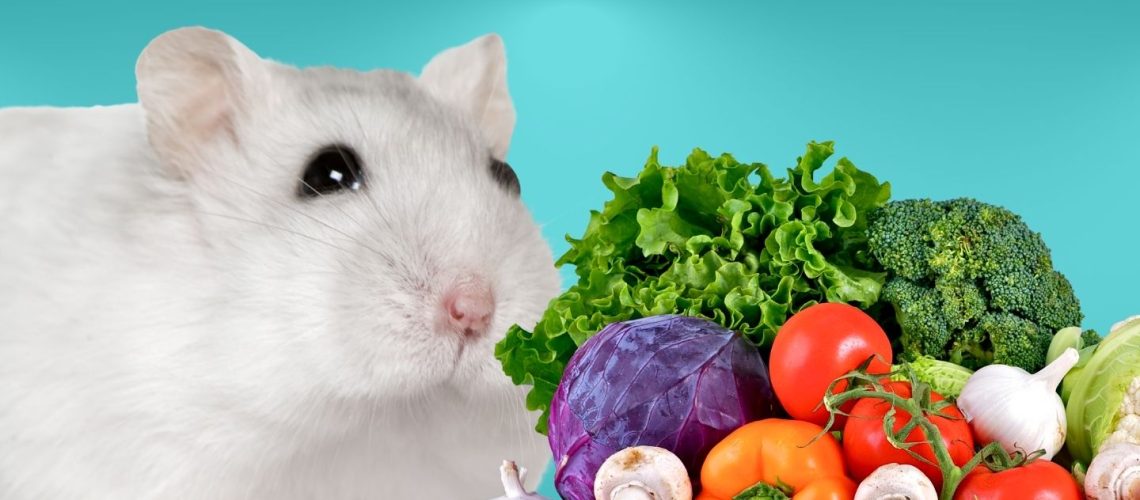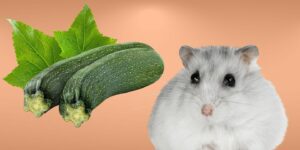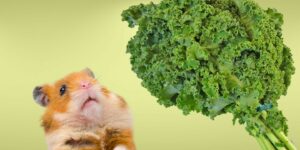Yes, hamsters can eat vegetables as part of their diet. It is important to remember, however, that vegetables should only make up a small portion of a hamster's diet, as they are omnivorous animals that primarily require a diet of high-quality hamster pellets and fresh water.
Types of Vegetables Hamsters Can Eat
Leafy Greens
Hamsters can enjoy leafy greens such as:
- Spinach
- Kale
- Romaine lettuce
- Swiss chard
Root Vegetables
Root vegetables can also be a part of a hamster's diet, including:
- Carrots
- Sweet potatoes
- Parsnips
Cruciferous Vegetables
Hamsters can consume cruciferous vegetables, such as:
- Broccoli
- Cauliflower
- Brussels sprouts
Other Vegetables
Other vegetables that are safe for hamsters include:
- Bell peppers
- Cucumber
- Zucchini
- Peas
Vegetables to Avoid
There are some vegetables that should not be fed to hamsters, including:
- Onions
- Garlic
- Leeks
- Avocado
- Raw potatoes
- Rhubarb
Nutritional Benefits of Vegetables for Hamsters
Vegetables can provide a range of nutritional benefits for hamsters, including:
- Vitamins (A, C, K)
- Minerals (calcium, potassium)
- Fiber
- Antioxidants
Tips for Introducing Vegetables to a Hamster's Diet
When introducing vegetables to your hamster's diet, keep the following tips in mind:
- Start with small quantities
- Gradually increase variety
- Monitor for any adverse reactions
Portion Control and Frequency
When it comes to feeding vegetables to your hamster, it is important to remember that they should only make up a small portion of their diet. A good rule of thumb is to offer a teaspoon of vegetables per day. It is also important to remember that vegetables should be offered in moderation and should not be the primary source of nutrition for your hamster.
Preparing and Storing Vegetables for Hamsters
Properly prepare and store vegetables for your hamster by:
- Washing them thoroughly
- Cutting them into manageable pieces
- Storing leftovers in the fridge
Signs of Digestive Issues or Allergies
Look out for the following signs of digestive issues or allergies in your hamster:
- Diarrhea
- Constipation
- Changes in appetite or behavior
- Swelling or redness around the mouth
Monitoring Your Hamster's Dietary Health
Keep an eye on your hamster's overall health by:
- Conducting regular weight checks
- Observing coat and skin health
- Monitoring energy and activity levels
Conclusion
In conclusion, vegetables can be a healthy and nutritious addition to a hamster's diet as long as they are offered in moderation and as part of a well-balanced diet that includes high-quality pellets and fresh water. It is important to remember to introduce vegetables slowly and pay attention to your hamster's individual preferences and needs. By following these guidelines, you can help ensure that your hamster stays healthy and happy.











